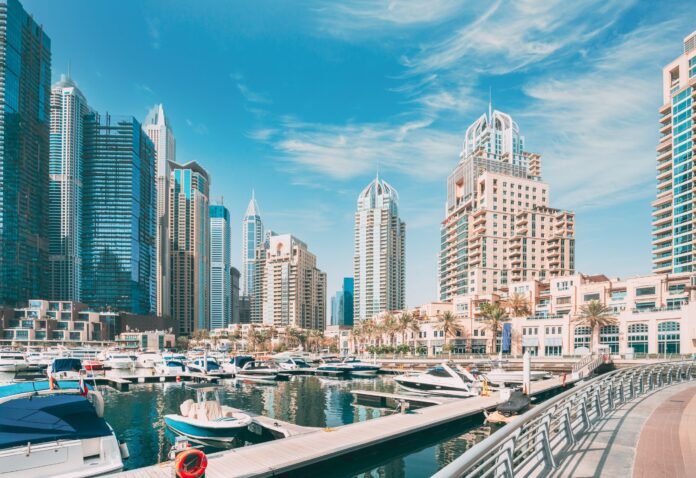Saudi Arabia has launched a major Saudi property market expansion, unveiling a landmark law permitting foreigners to buy real estate in key cities. The move signals the Kingdom’s ambition to compete with Dubai as a top expat destination.
Starting January 2026, expats can purchase property in Riyadh and Jeddah. While full details remain undisclosed, the reform marks a dramatic shift in Saudi Arabia’s economic strategy. Analysts say this could reshape the regional real estate landscape.
The decision aligns with Crown Prince Mohammed bin Salman’s Vision 2030 plan. By easing property ownership rules, Saudi Arabia aims to boost foreign investment and diversify its economy. Experts compare the move to policies that transformed Dubai into a global hotspot.
Currently, Saudi Arabia hosts around 14 million foreign residents, mostly from Asia and neighboring Arab nations. However, Western expat numbers remain low compared to Dubai, which boasts over 200,000 British nationals alone.
To prevent runaway price surges, the government has restricted initial foreign buying to Riyadh and Jeddah. Residential values in the capital have soared 52% since 2021, outpacing national growth of 25%. Officials want to avoid Dubai’s 60% price spike since 2022.
In a surprising move, Mecca and Medina will also open to foreign buyers. However, purchases in Islam’s holiest cities will face special regulations. This could appeal to wealthy Muslim investors worldwide.
Existing rules technically allow resident foreigners to buy homes but ban land ownership. The process has been notoriously complex, with size limits and holy city prohibitions. The streamlined system aims to encourage long-term expat settlement.
While Saudi Arabia offers tax-free incomes like the UAE, stricter social codes have deterred some Westerners. Most expats currently receive housing allowances rather than purchasing property. Real estate agents believe ownership rights will increase retention rates.
Prime Riyadh properties currently cost about £2,900 per square meter—significantly cheaper than Dubai’s £4,000 average. This price gap, combined with Saudi Arabia’s larger economy, could gradually redirect regional investment flows.
The Saudi property market expansion forms part of broader reforms, including relaxed social norms and massive tourism investments. As the Kingdom hosts major sports and cultural events, its appeal to global citizens continues growing.
Financial analysts note that successful implementation could accelerate capital market development. With Vision 2030 targets approaching, Saudi Arabia appears determined to redefine its role in the global economy through strategic Saudi property market expansion.


